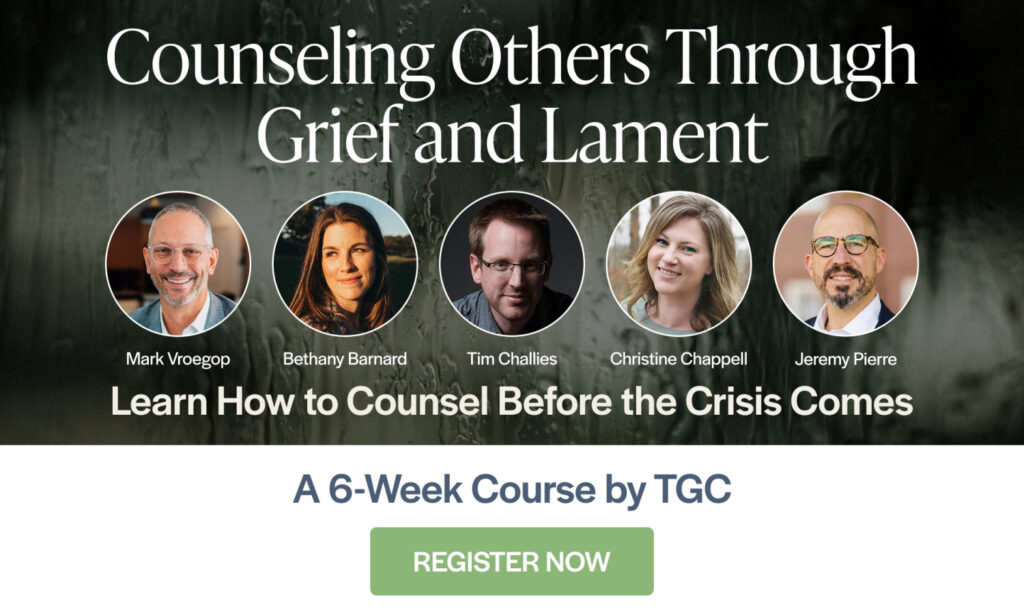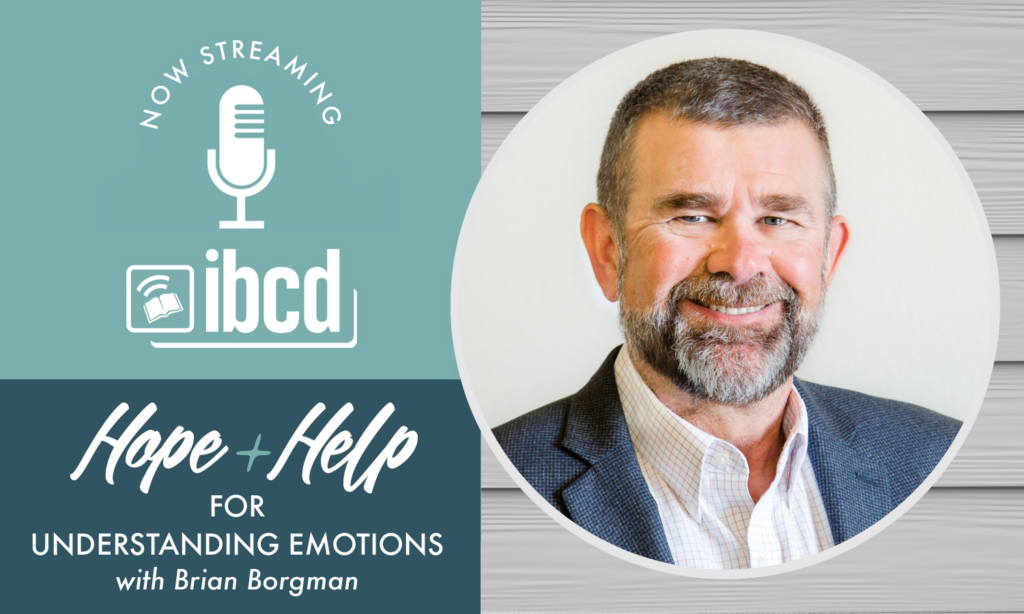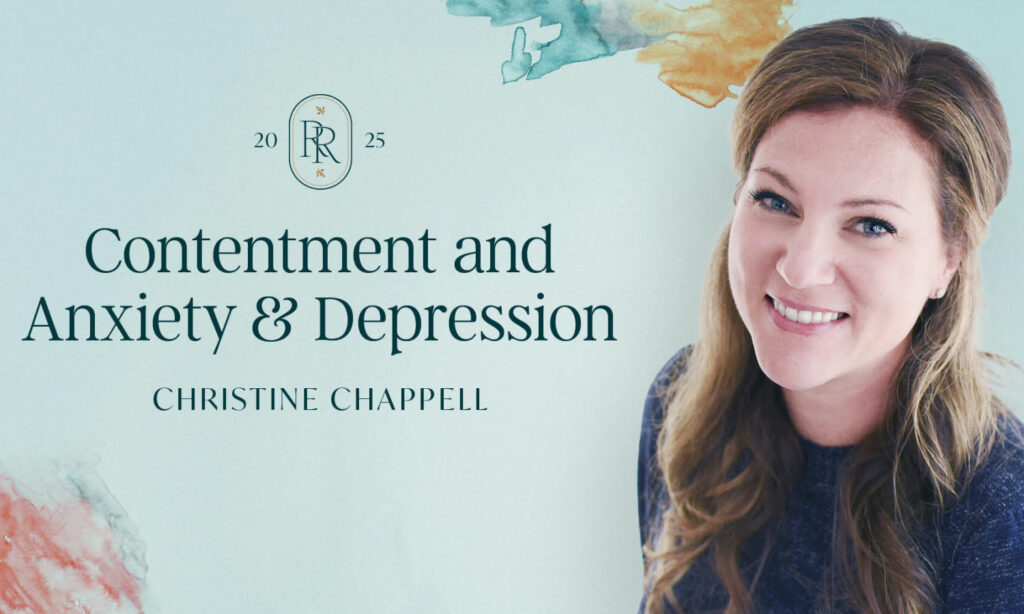You know her. She’s a friend or coworker. She goes to your church. Maybe she’s in your small group or serves as a ministry leader. Perhaps she’s your pastor’s wife—maybe she’s your daughter. But surely somewhere in your close proximity, there’s a mother suffering from depression. As she attempts to beat back the darkness, you wonder how you can care for her.
Many of us aren’t professional people-helpers. We’re not doctors, licensed therapists, social workers, or experienced counselors. We may not feel equipped to walk alongside mothers who feel trapped by despondency. It can be intimidating to enter into someone’s experience of affliction, especially when we struggle to understand it. How can laypeople begin to help with such a multifaceted problem?
With an estimated 800,000 mothers in the U.S. diagnosed with a maternal mental health disorder each year—and with a large majority of them unable to get professional help—the body of Christ cannot stand idly by. Even as a layperson, you can offer a depressed mother necessary, irreplaceable care in Christ. No, you can’t be a depressed mom’s deliverer. But by God’s grace, you can be her discipler.
Many of us aren’t professional people-helpers. We’re not doctors, licensed therapists, social workers, or experienced counselors. We may not feel equipped to walk alongside mothers who feel trapped by despondency. It can be intimidating to enter into someone’s experience of affliction, especially when we struggle to understand it. How can laypeople begin to help with such a multifaceted problem?
With an estimated 800,000 mothers in the U.S. diagnosed with a maternal mental health disorder each year—and with a large majority of them unable to get professional help—the body of Christ cannot stand idly by. Even as a layperson, you can offer a depressed mother necessary, irreplaceable care in Christ. No, you can’t be a depressed mom’s deliverer. But by God’s grace, you can be her discipler.













